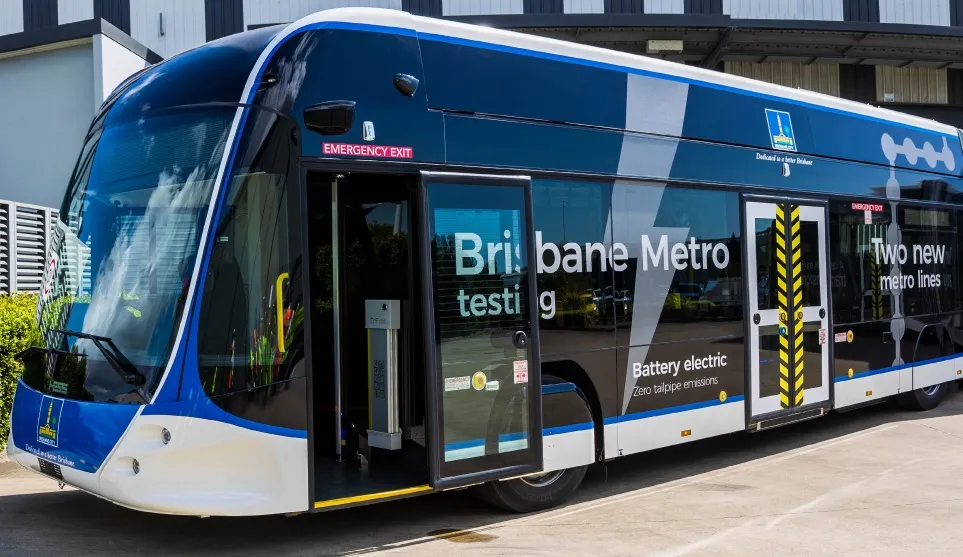Global Traffic Technologies (GTT) has been awarded a contract by the city of Tampa and the Hillsborough Area Regional Transit Authority (HART) in Florida to upgrade its Opticom transit signal priority (TSP) solution to the latest generation GPS-enabled system.
June 23, 2017
Read time: 1 min
Opticom TSP allows equipped buses to request green light priority at intersections, helping to ensure on-time arrival for transit passengers. In Tampa, the Opticom system has been upgraded from the existing infrared-based solution to the latest-generation GPS-enabled equipment at 22 key intersections and on 11 vehicles.
HART provides regional transportation services for Hillsborough County, Florida, operating over 30 different local bus routes and 13 express bus routes and carrying more than 40,000 passengers daily.









